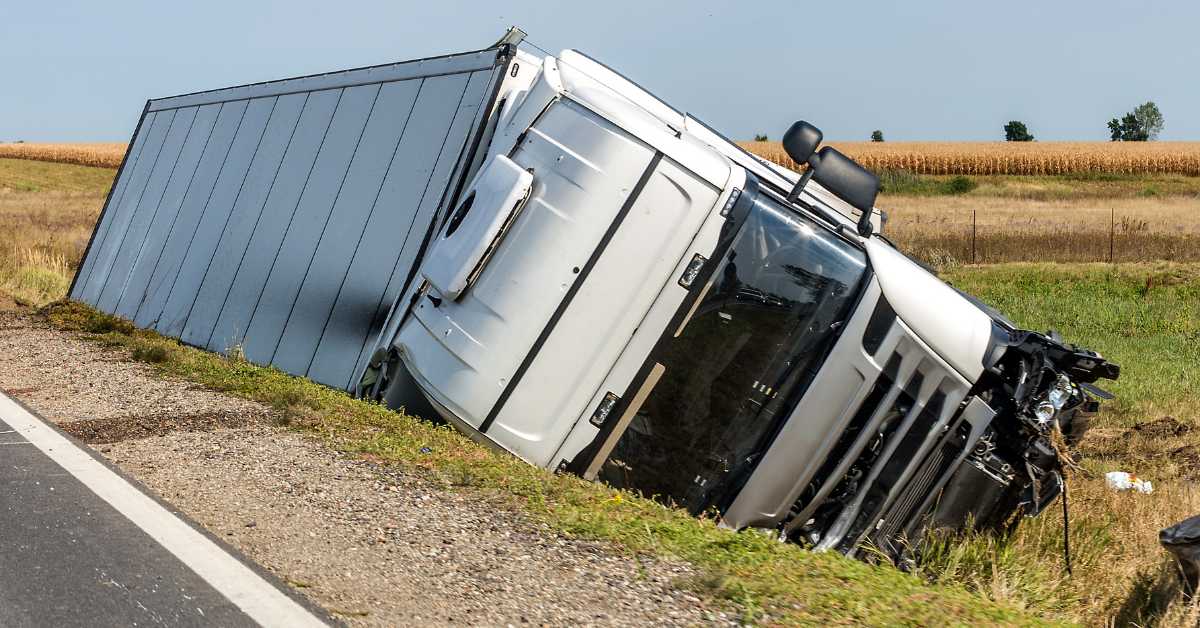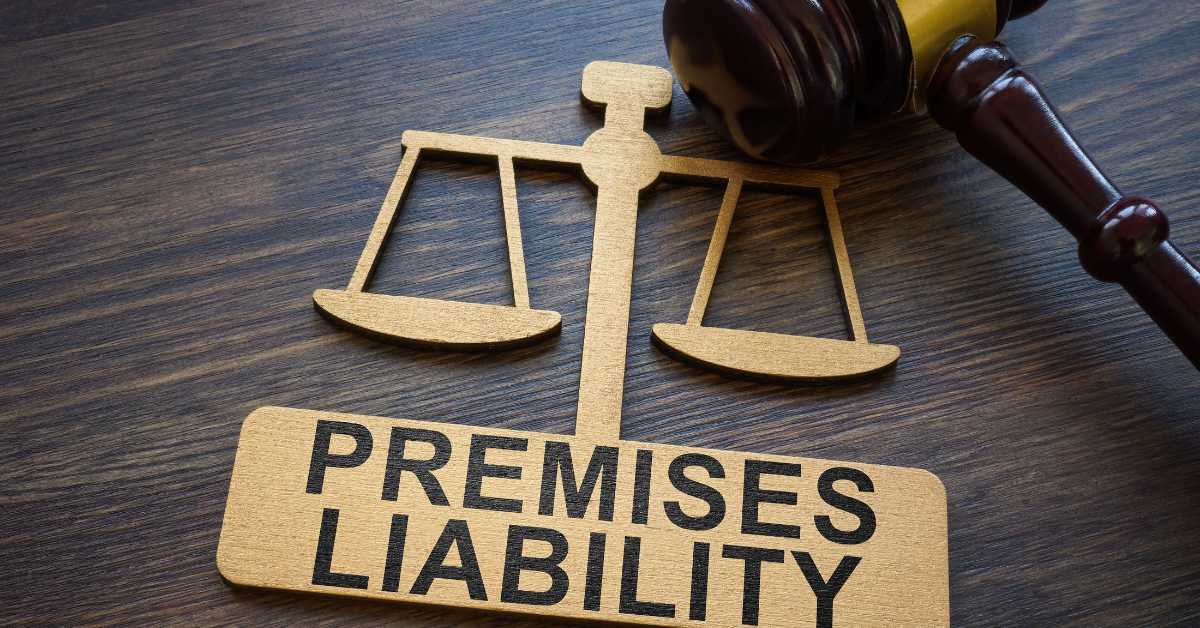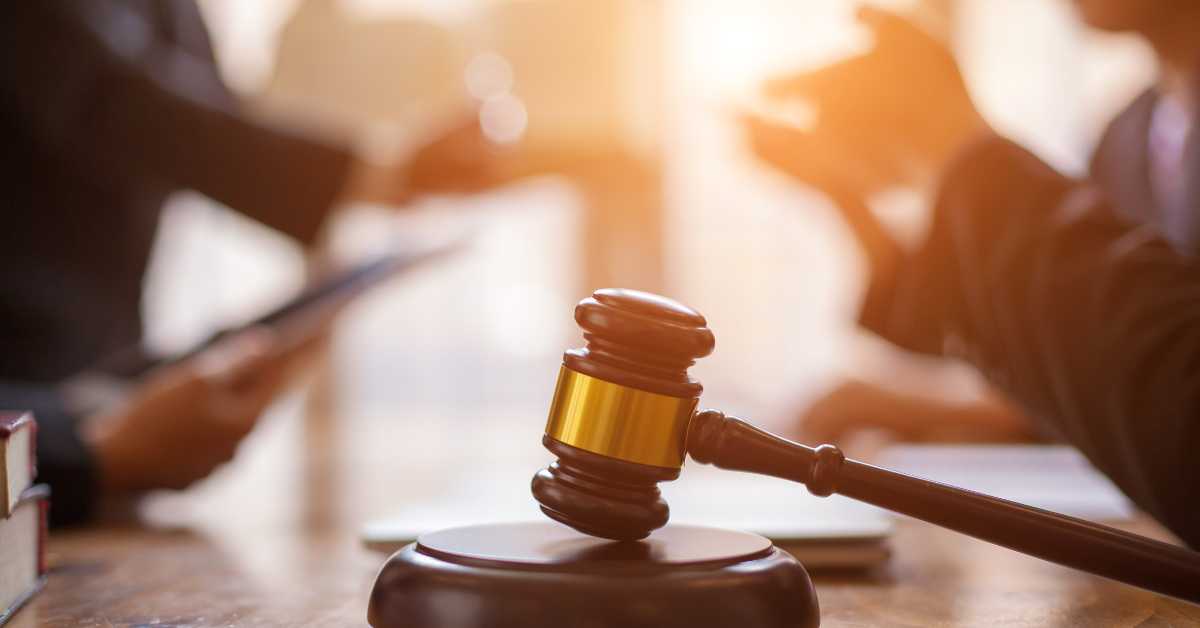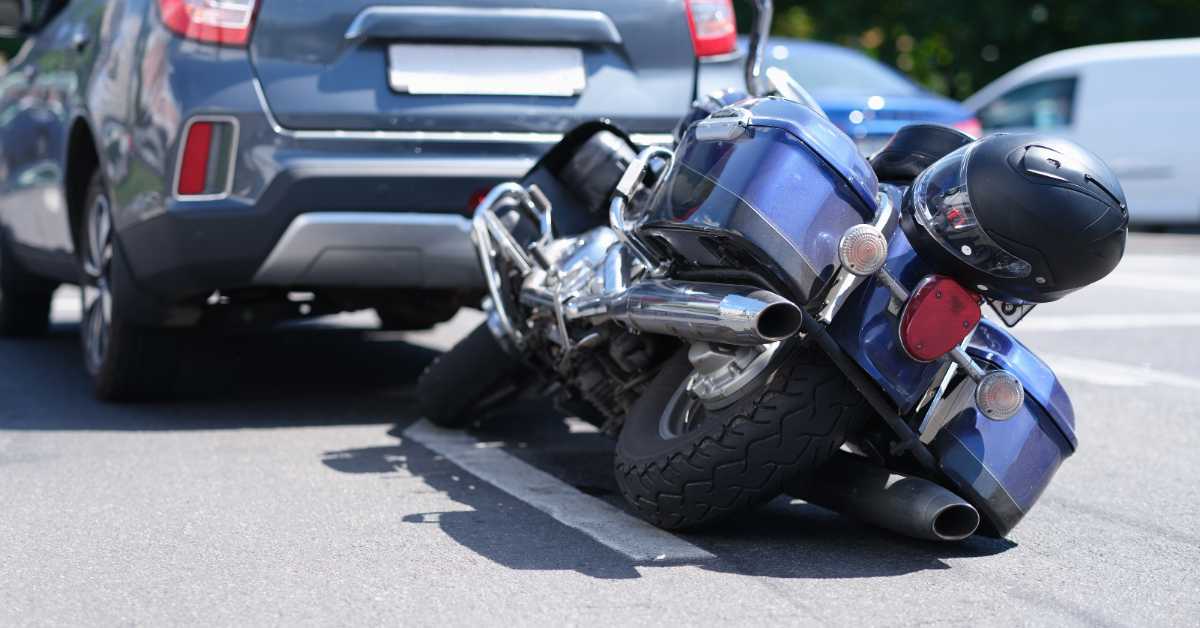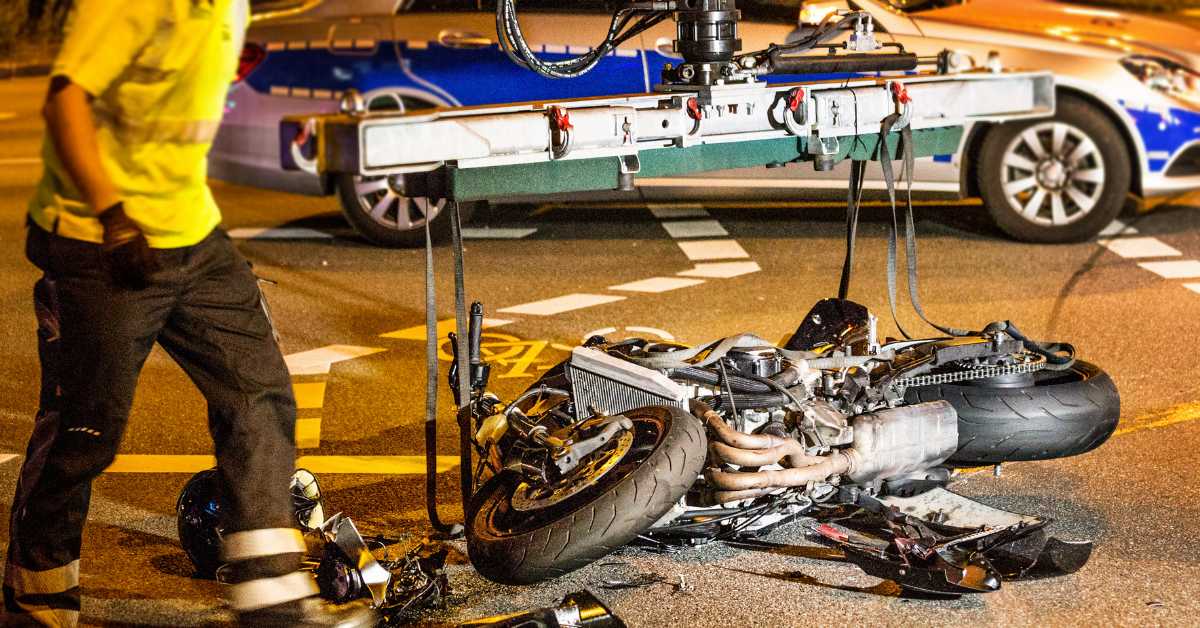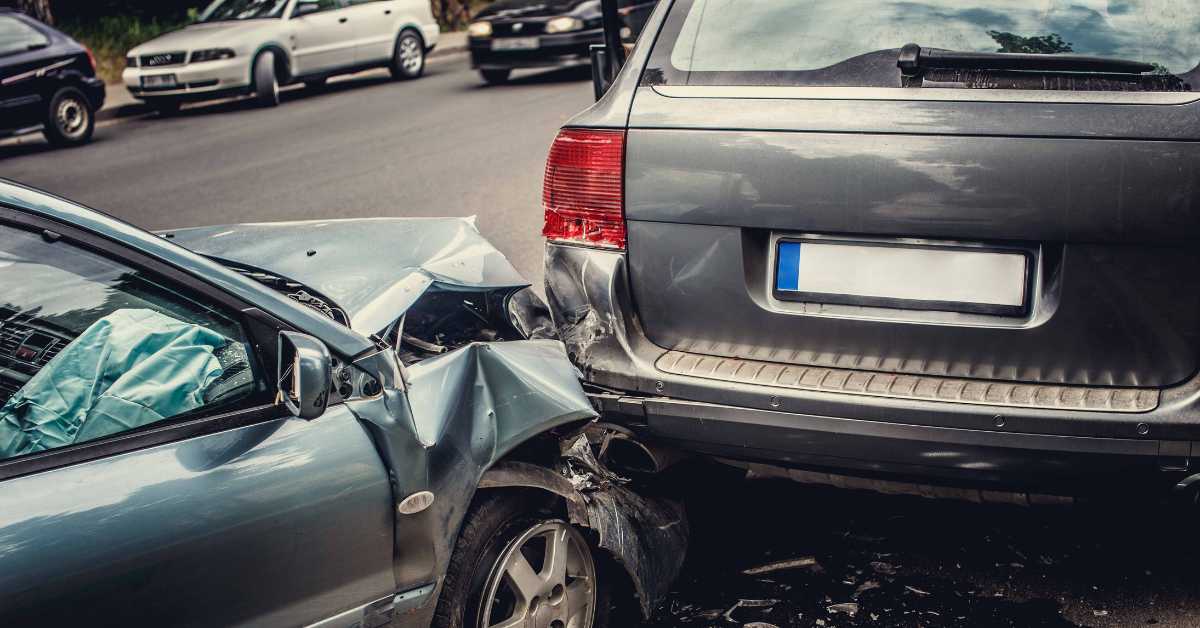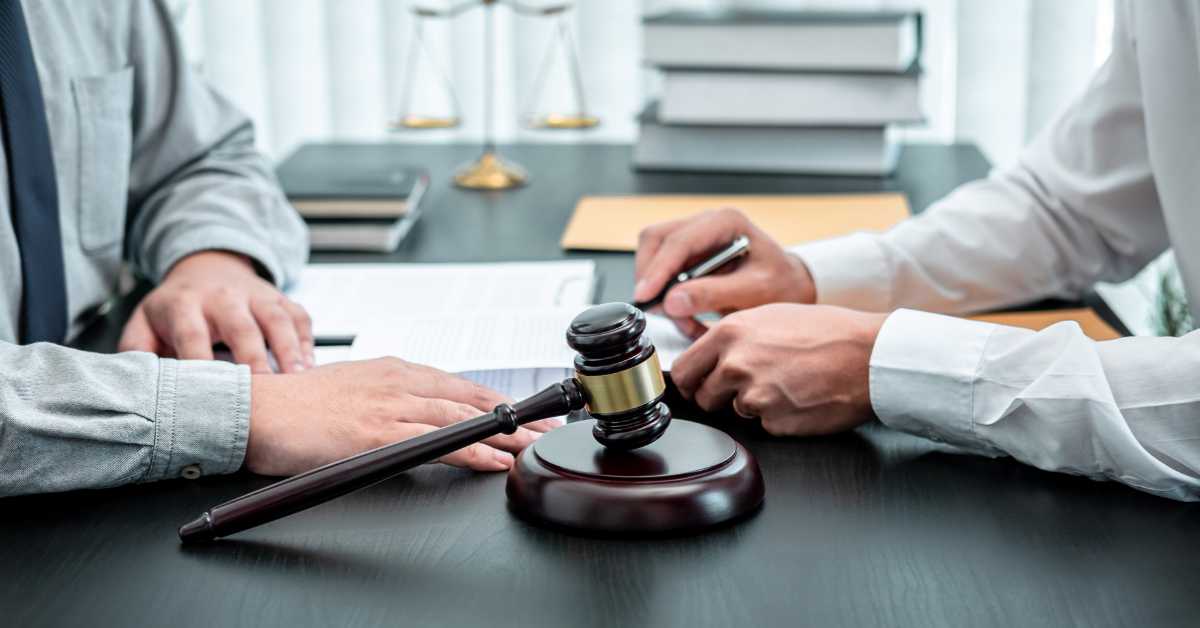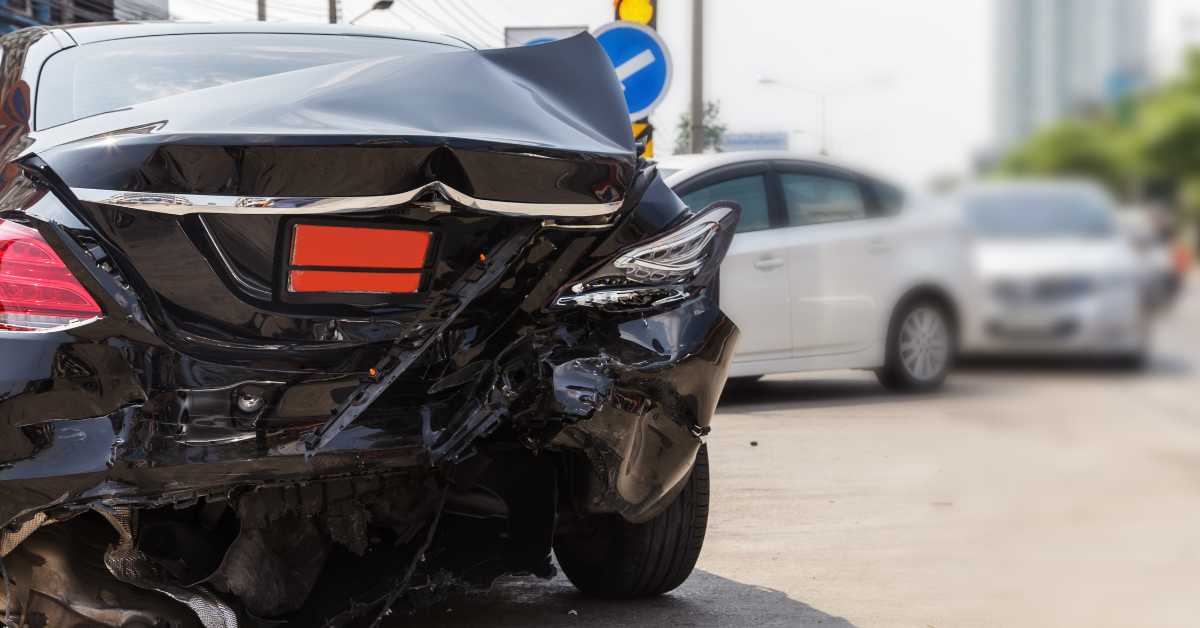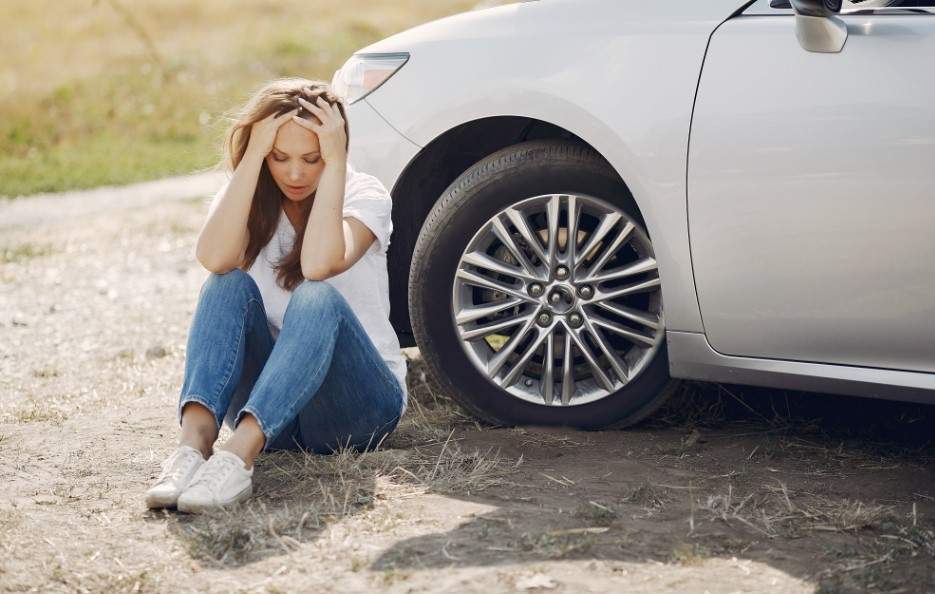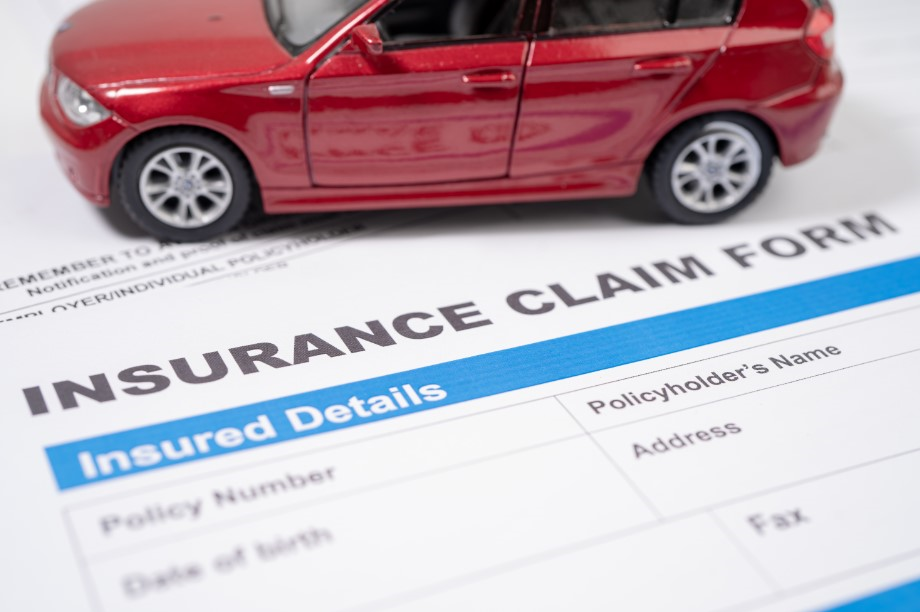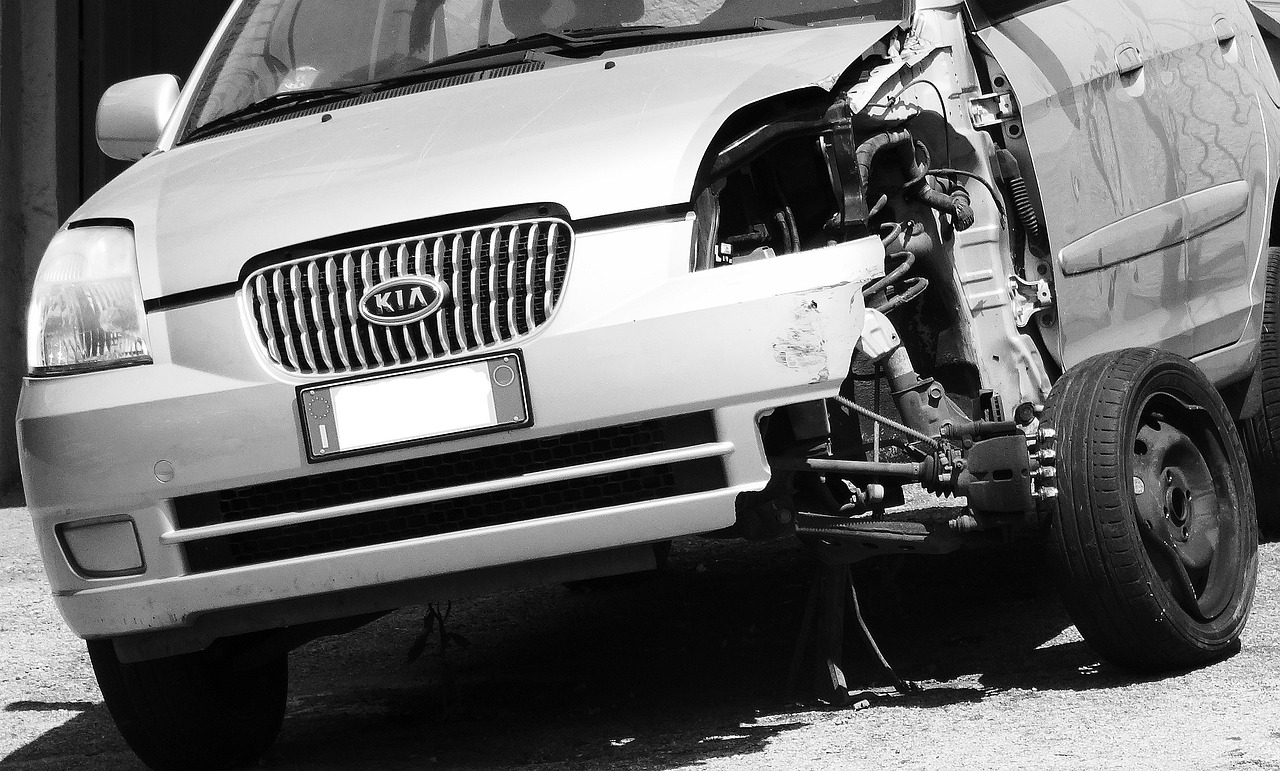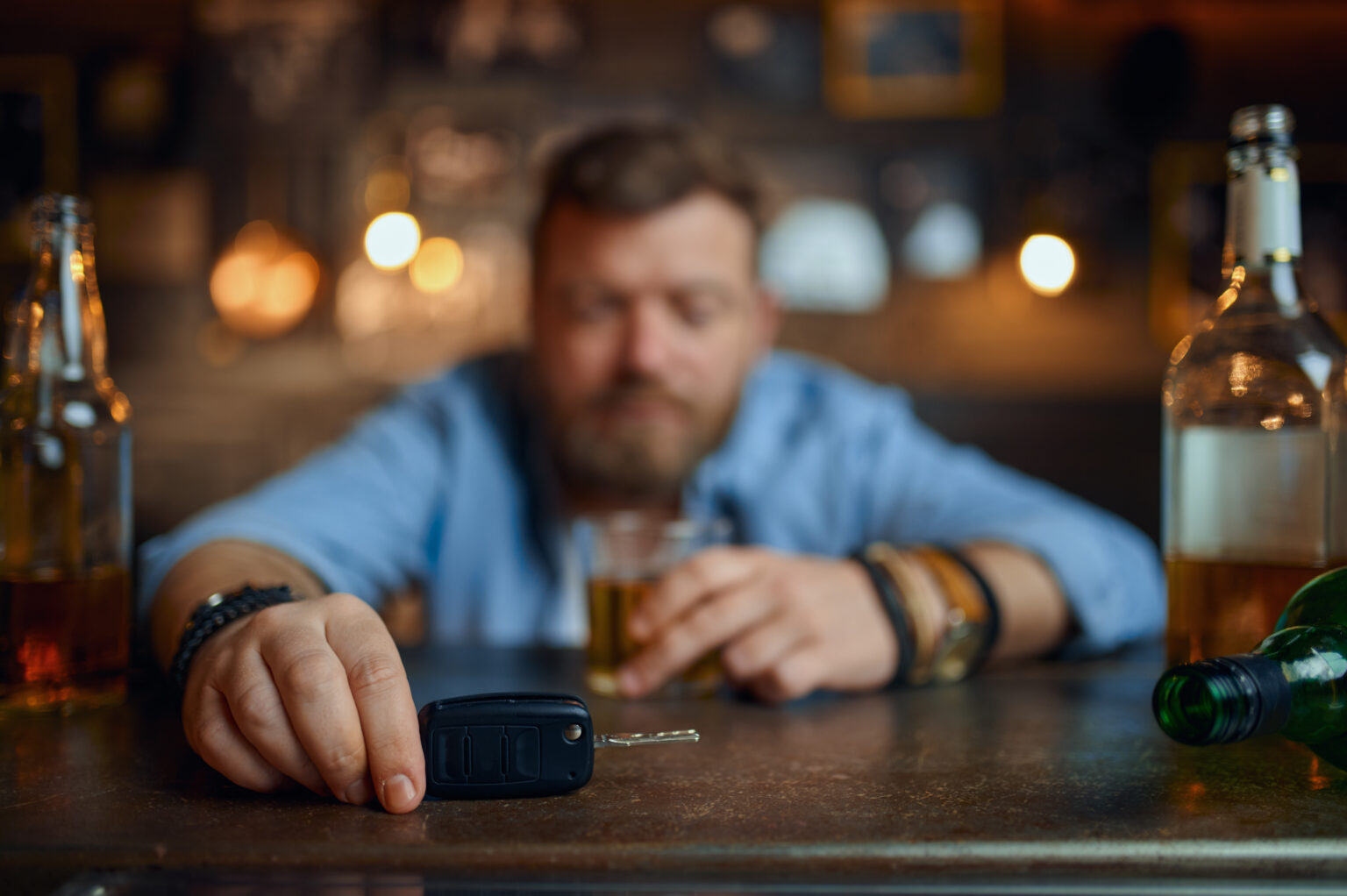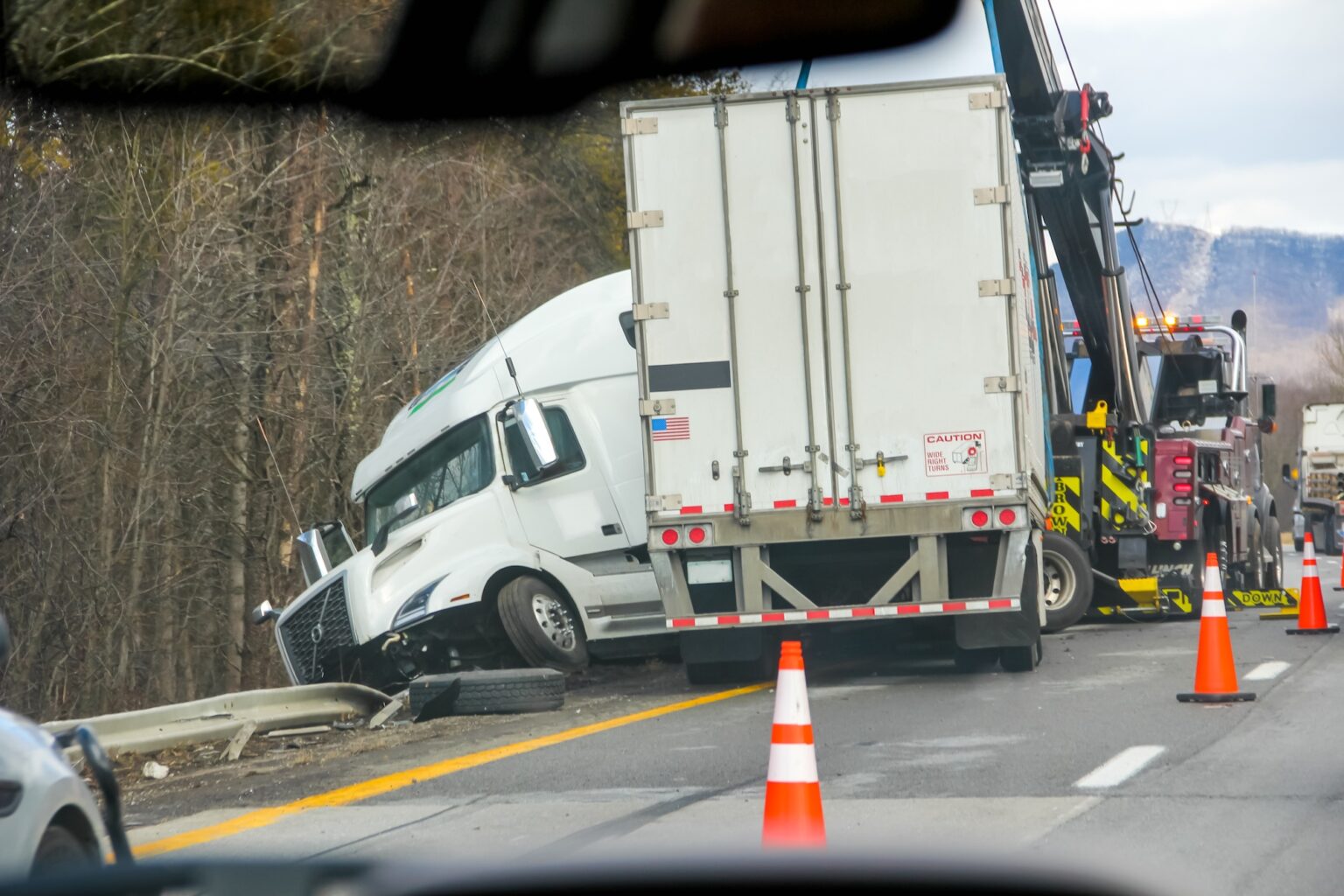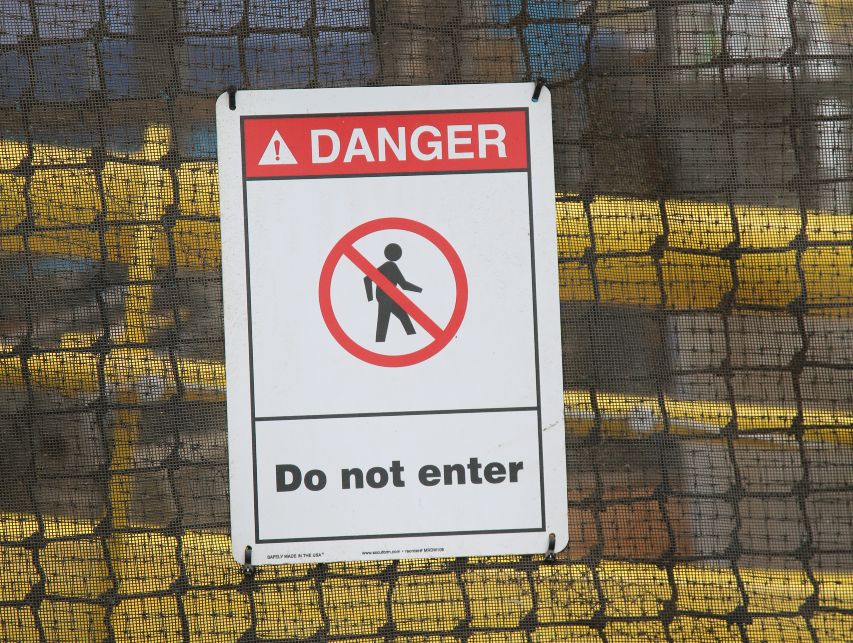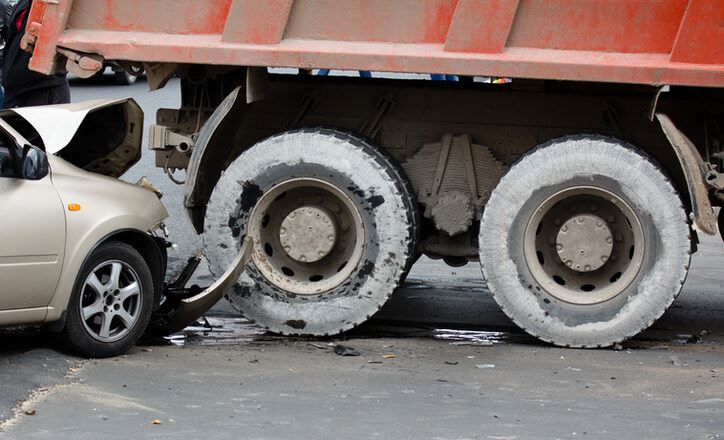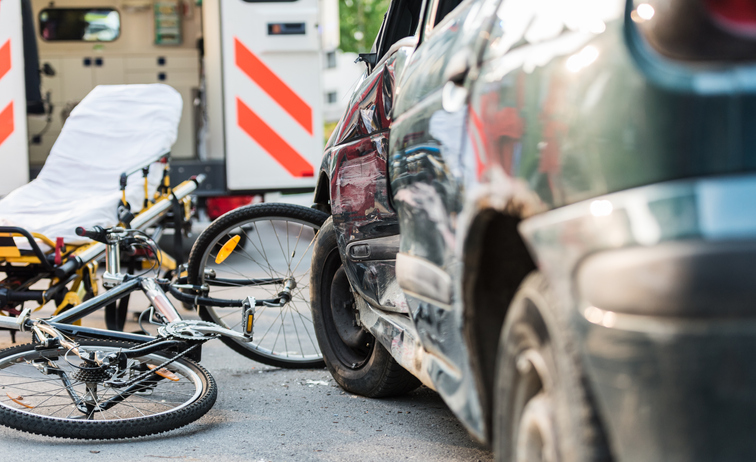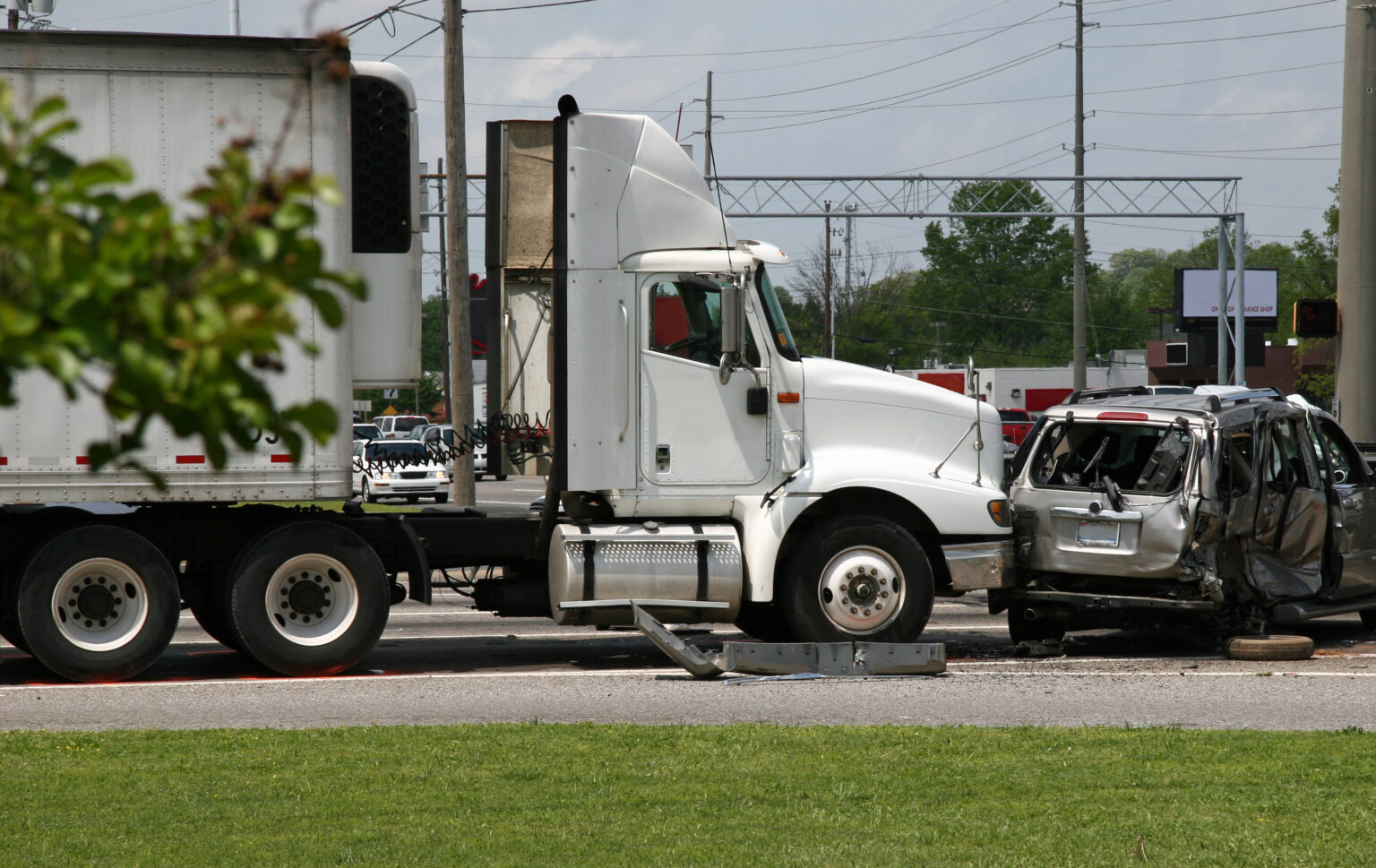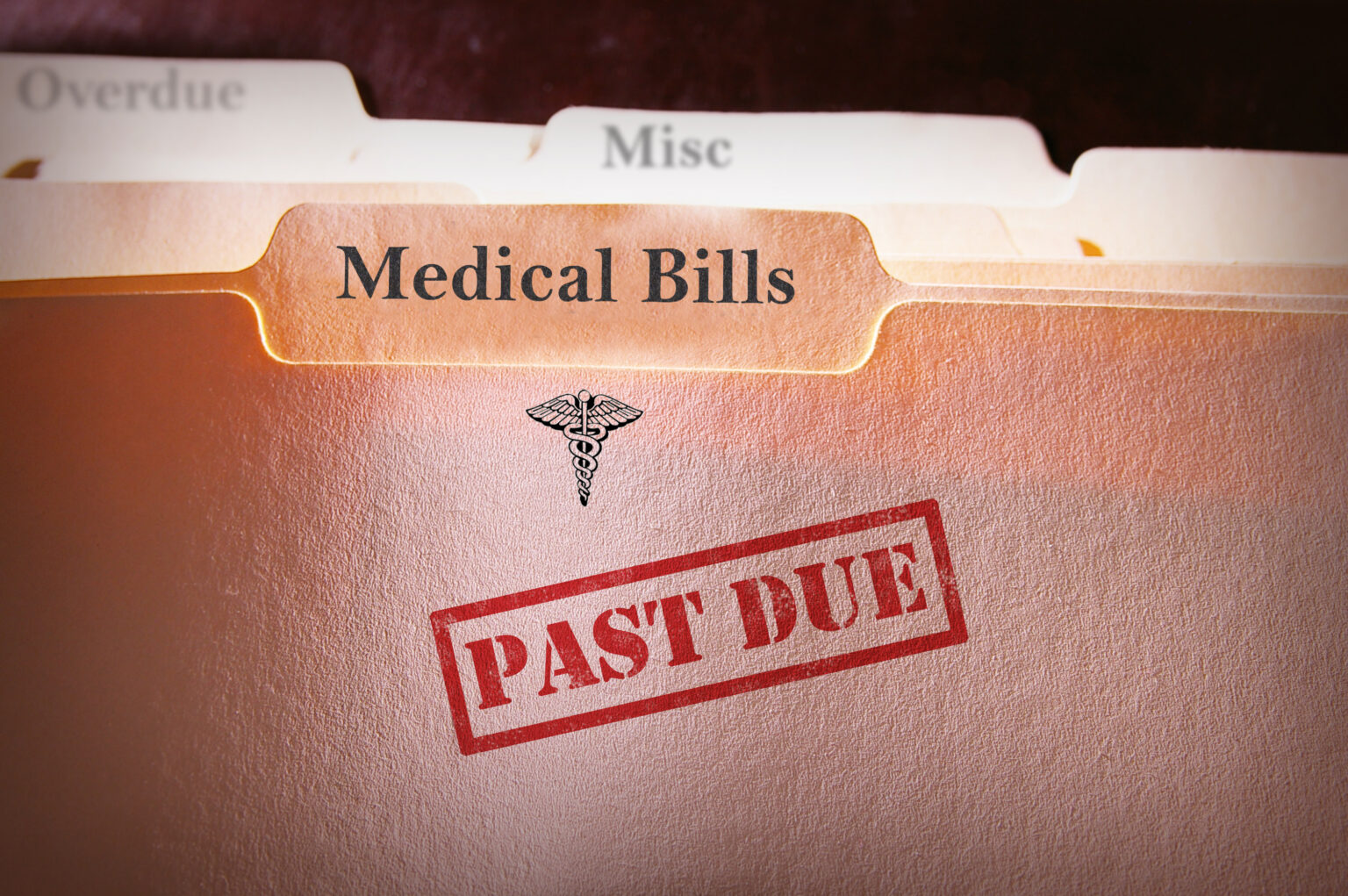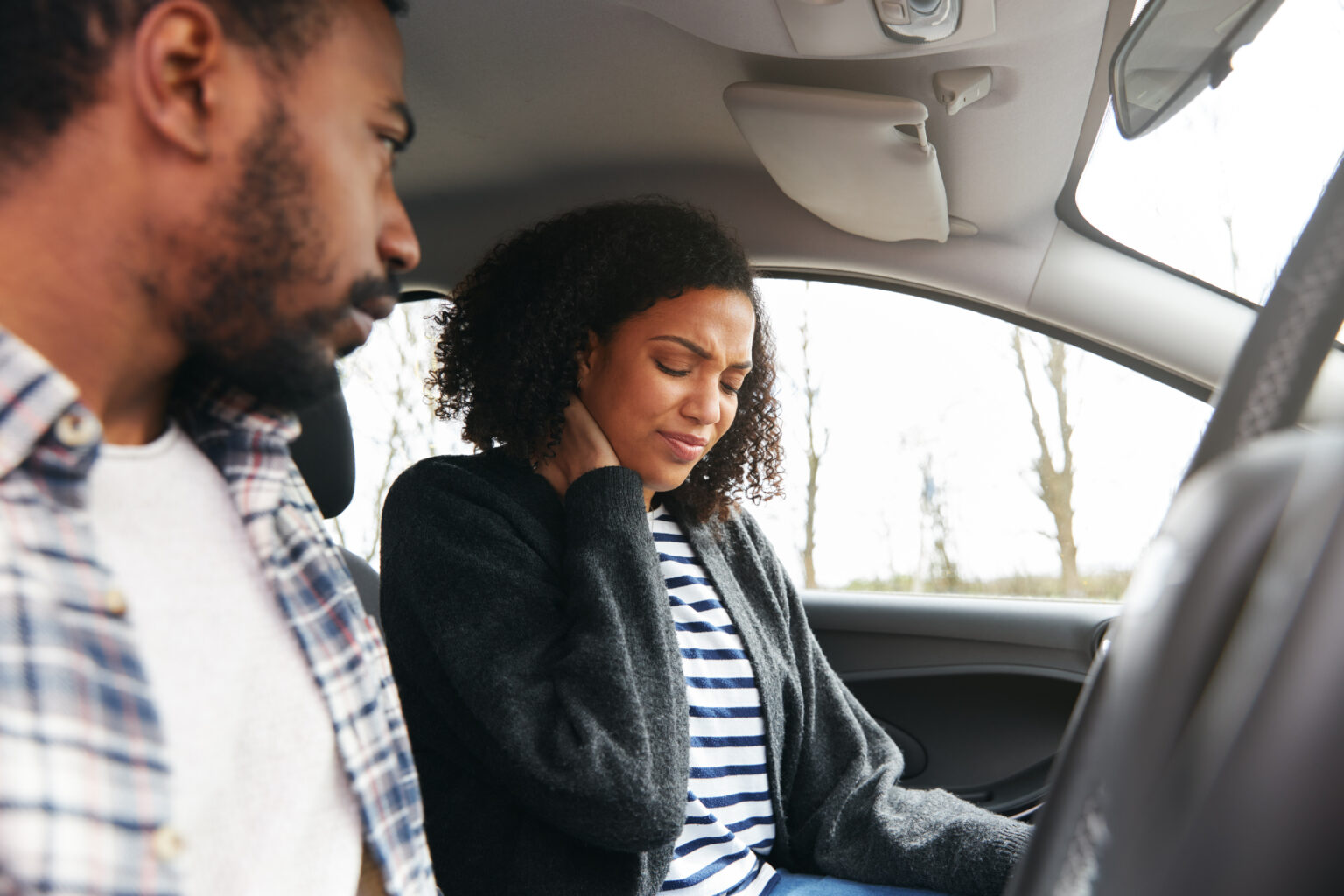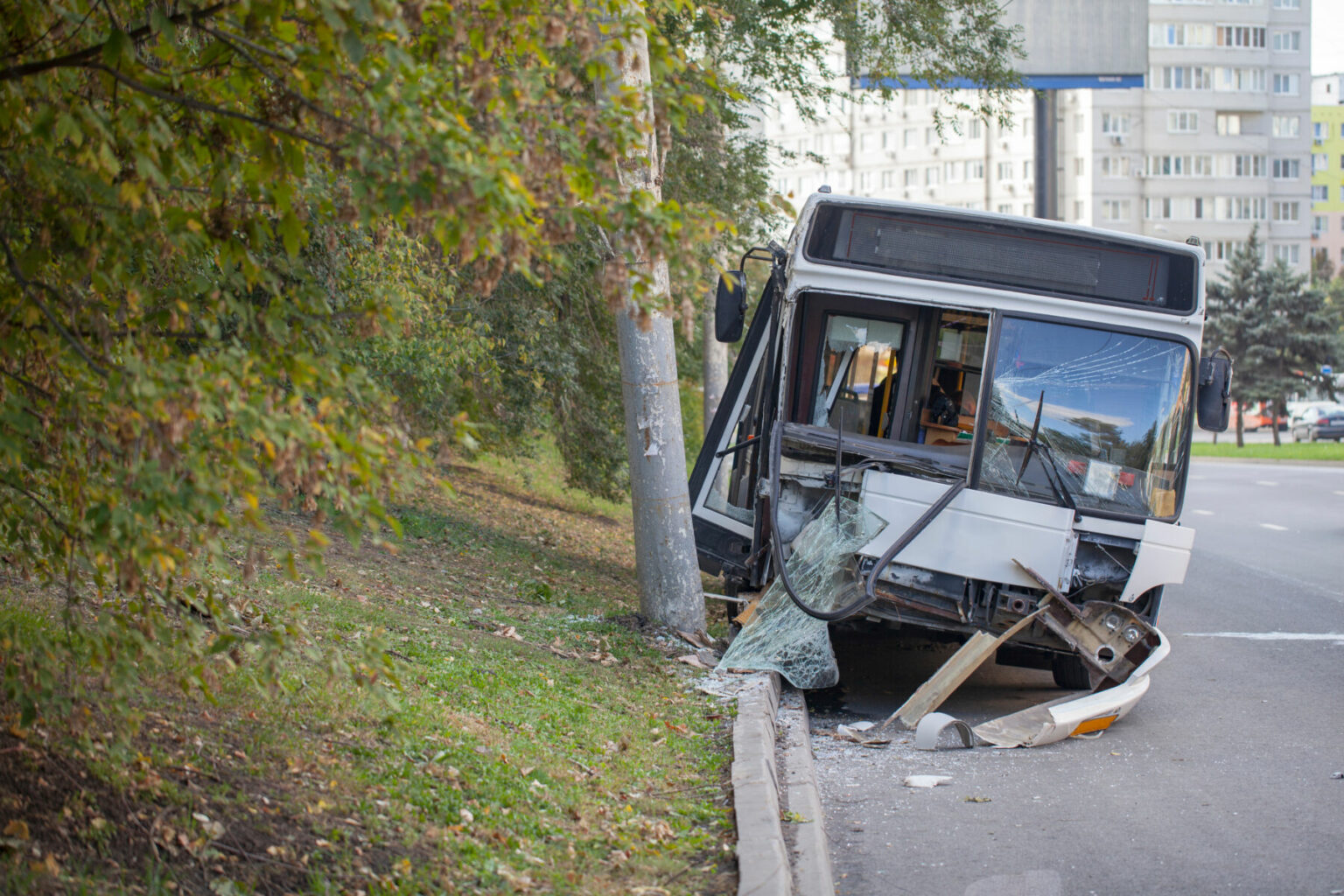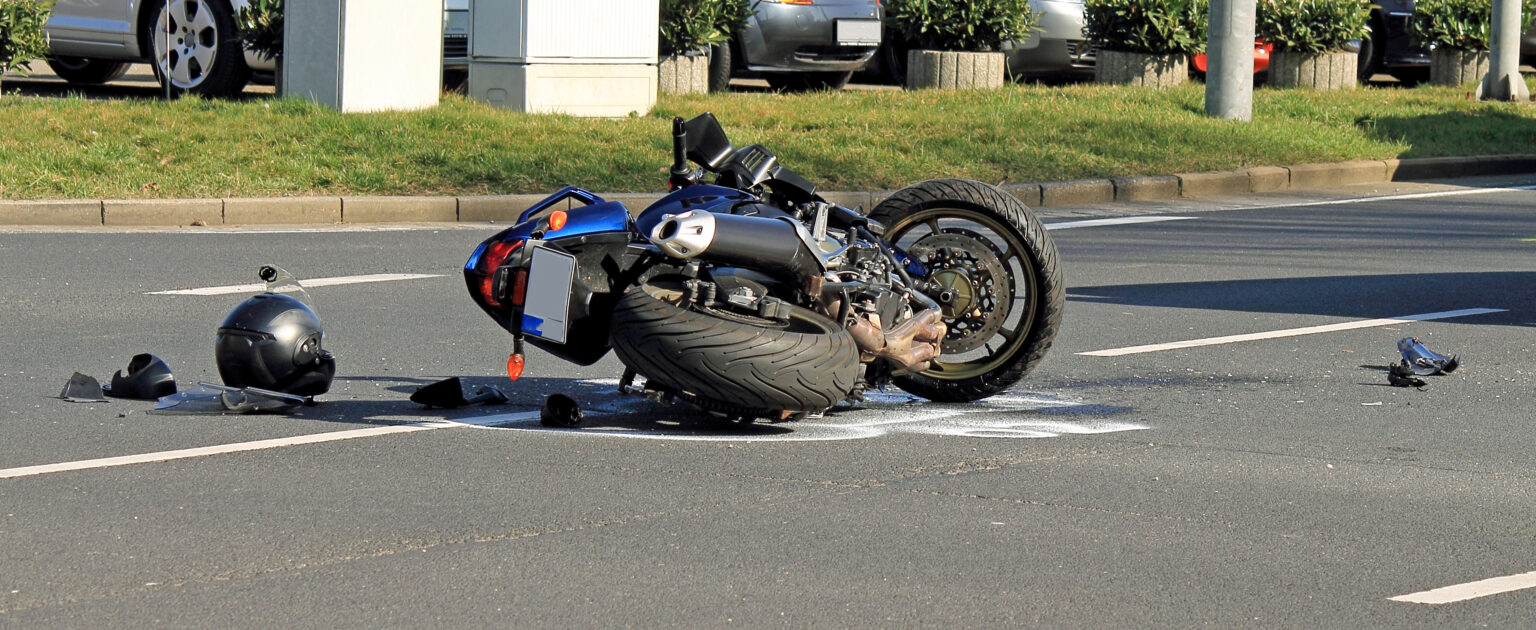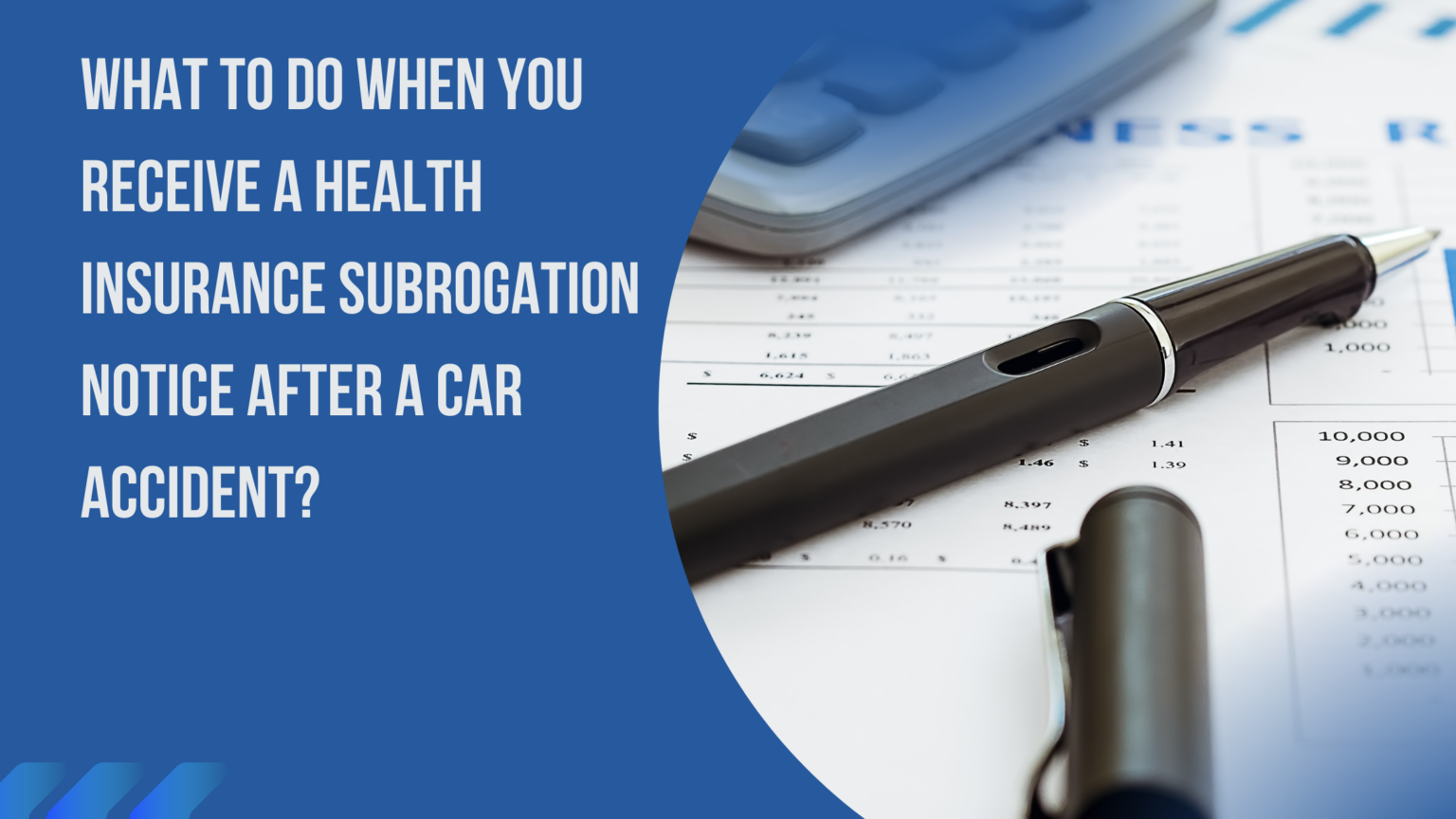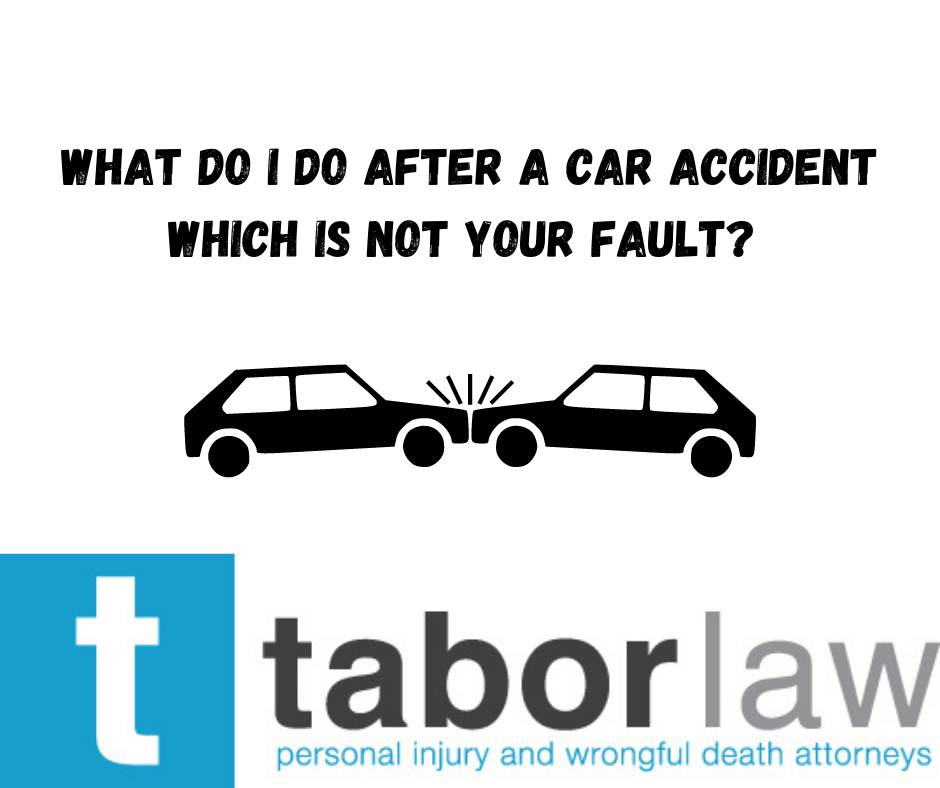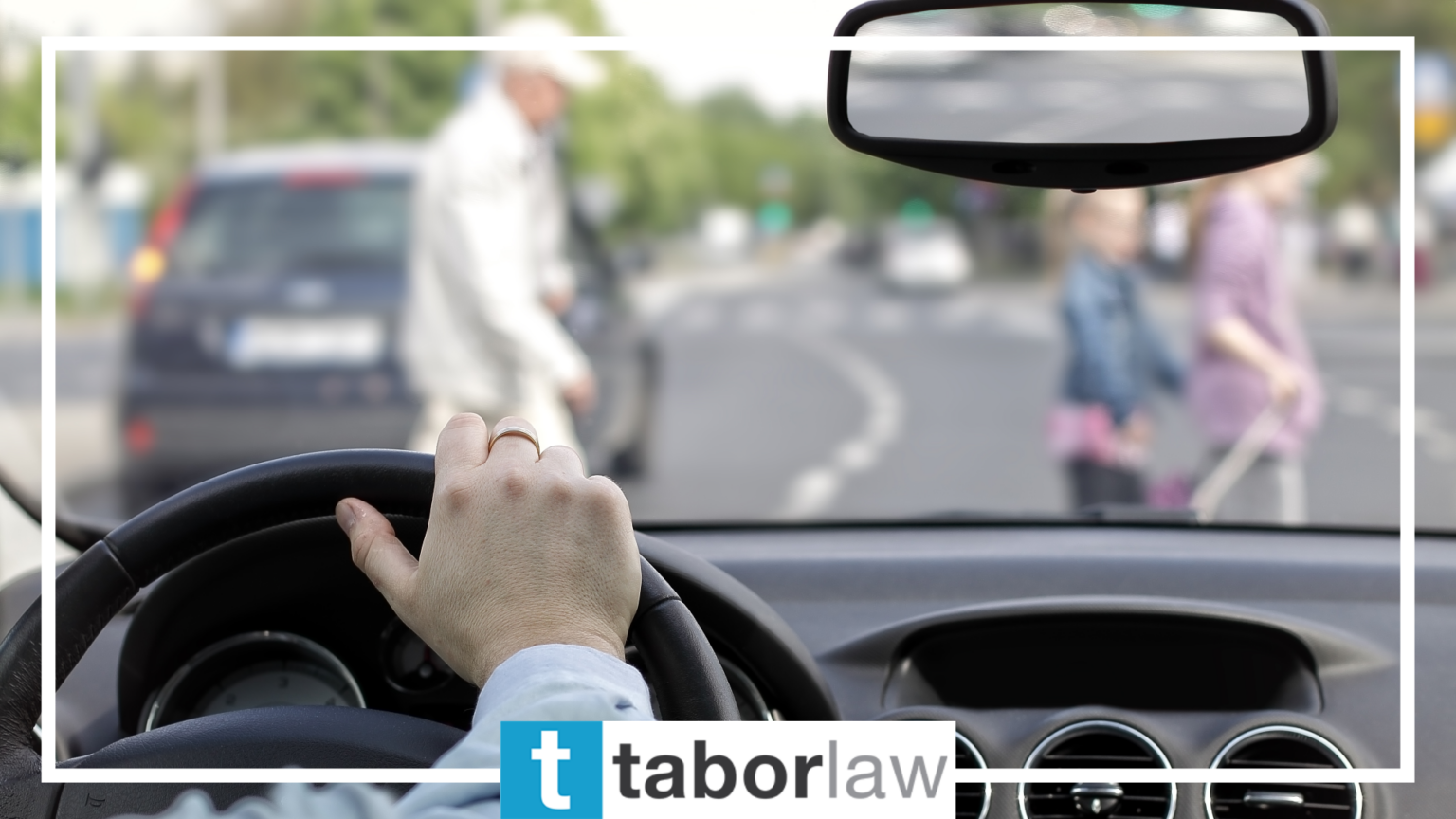What To Do When You Rear-End a Car in Indiana
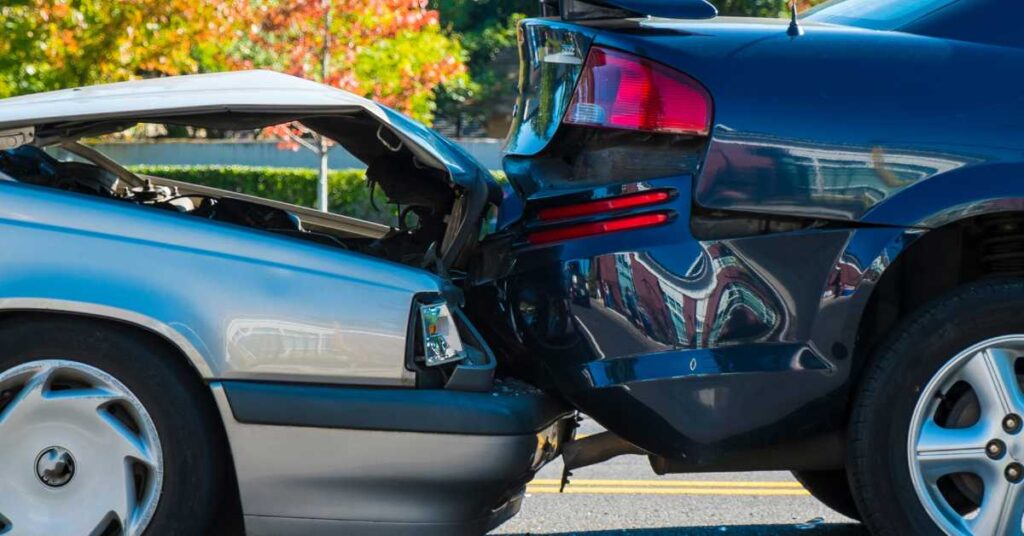
When car accidents happen, you should take certain actions to remain in compliance with Indiana law. If you are wondering what to do when you rear-end a car, you should notify the police, check on any potential injuries, and remain at the scene.
Even if you believe you were not at fault for the rear-end crash, it’s important to follow the steps required within the law.
When You Rear-End a Car in Indiana, You Should Remain at the Scene
What should you do when you rear-end a car in Indiana? The Indiana Driver’s Manual spells out what everyone involved in the rear-end accident should do, regardless of who was at fault.
- Call first responders about the crash and wait for them to arrive at the scene.
- Provide medical aid to those injured in the crash as you are able.
- If possible, move your vehicle out of the flow of traffic.
- Remain at the scene and provide a driver’s license and personal information to other drivers involved and to law enforcement officers.
Drivers who do not follow these rules could face misdemeanor or felony criminal charges.
Speak With Police Officers
Law enforcement officers will arrive at the scene and speak with any witnesses. They will study the position of the vehicles and take note of any property damage. If you were involved in the rear-end accident, police will want to speak with you, too. You should be as honest as possible about what happened from your perspective.
They then create a police report. This report documents the actions that led to the accident, injuries for the people involved, and any property damage that occurred. Within the police report, it’s possible that officers will assign fault in the accident. They may even issue citations.
Seek Medical Care
If you believe you have injuries, you should seek medical attention. Medical treatment is often necessary after a rear-end accident. First responders may recommend that you travel in an ambulance and seek emergency medical care at a hospital.
Even if you don’t end up going to the hospital in the ambulance, you should see a doctor within a day or two. It’s possible that in the chaos of the accident, you don’t notice your symptoms and pain right away. However, your injuries become more obvious after a night of sleep.
If you were completely at fault for the rear-end accident, you would not have the right to seek a personal injury claim. However, it’s possible that your auto insurance or medical insurance would help to pay for your medical care, including occurances of whiplash.
If the police decide that you had no fault in causing the rear-end accident, you may be able to seek financial damages from the at-fault party through a personal injury claim. Any financial award you gain may help you with medical bills. It can reimburse you for any wages you could not earn while you recovered from your injuries. It’s possible that you could recover a payment for your pain and suffering, too.
Call Our Rear-End Accident Lawyers Today for a Free Consultation
When someone else hits your car from behind and leaves you with injuries, you and that driver may wonder what to do when a car is rear-ended. As the victim who had no fault in causing the crash, you have the right to seek a personal injury claim. We are ready to help. You can speak with the personal injury lawyers at Tabor Law Firm during an initial free review of your case.
Call us at (317) 236-9000 or contact us through our web form today.
Categories:
Related Blog

Roy T. Tabor of Tabor Law Firm Recognized in The Best Lawyers in America 2025 Edition

Pedestrian Safety in Downtown Indianapolis Has Become a Hot Topic. What Can You Do to Protect Yourself?

Bicycle Accidents are on the Rise in Indiana. What Can You Do to Prevent a Bicycle Accident?
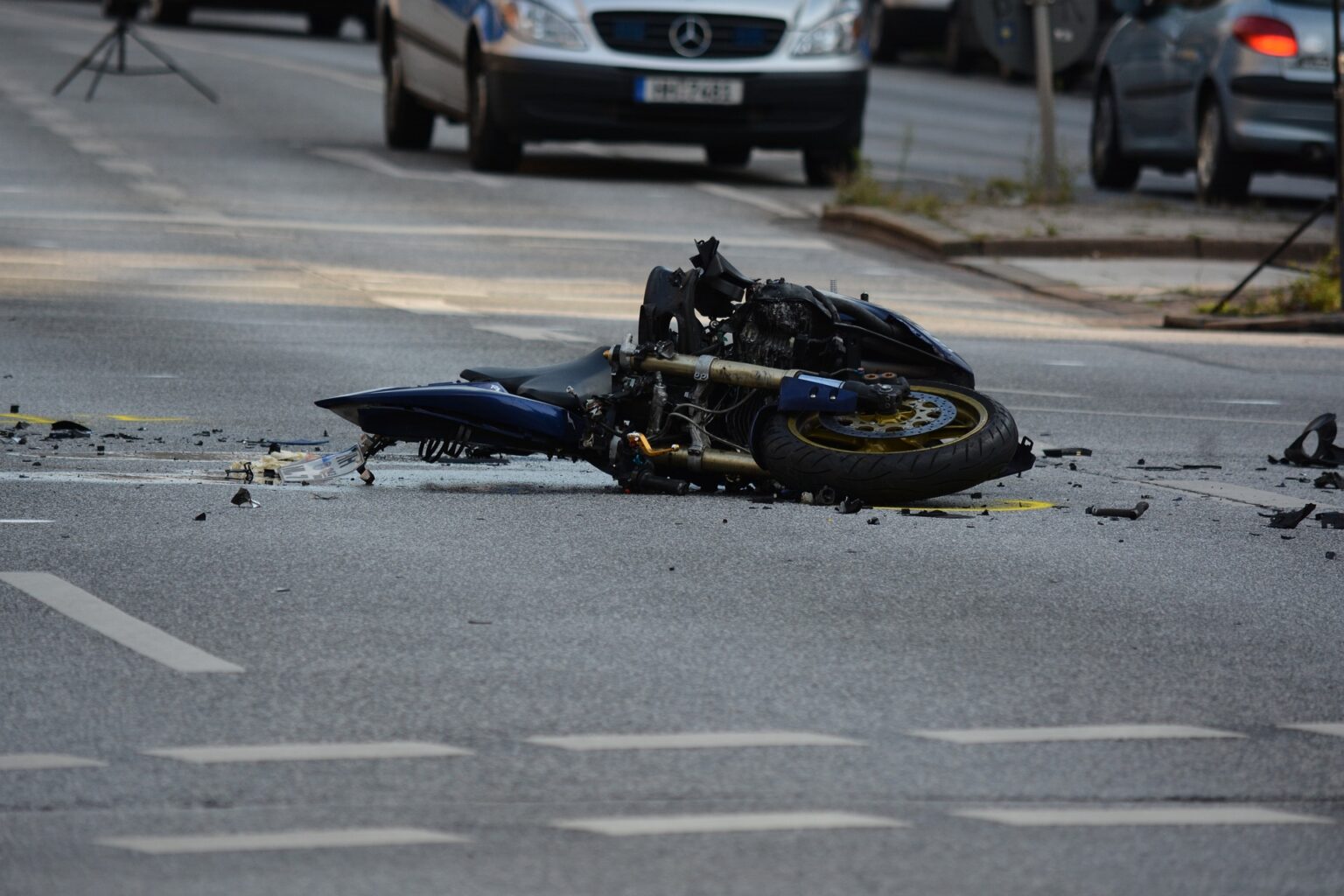
Understanding the Causes of Motorcycle Accidents in Indianapolis: An Analysis of Recent Data
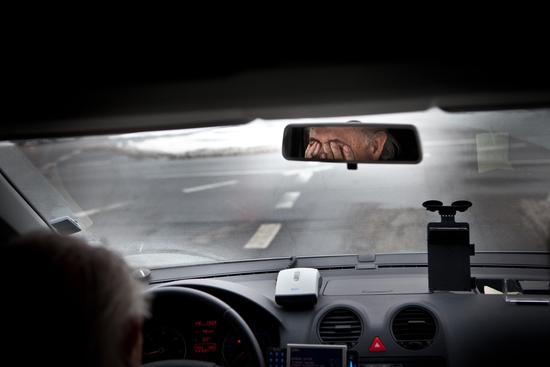
Indianapolis Drunk Driving Accidents and How to Handle them with a Personal Injury Attorney
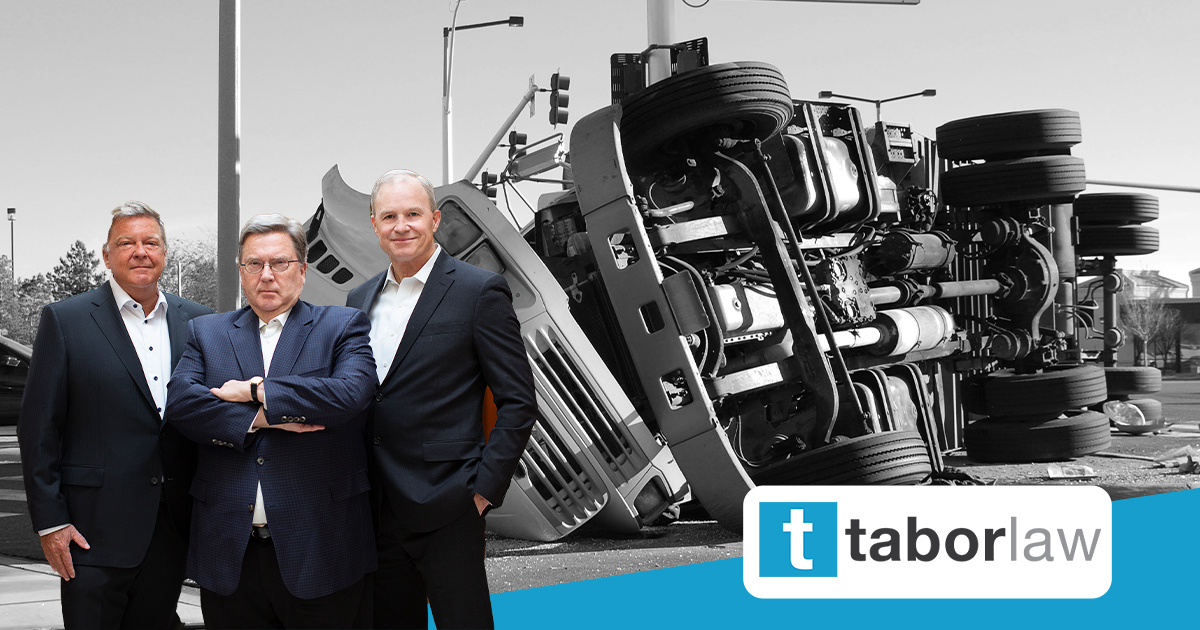
Two Mothers & Two 12-year-old Daughters Killed in Crash While Headed to Volleyball Tournament

Jefferson County Sheriffs Searching for Hit & Run Driver Who Struck 10-year-old Bicyclist




